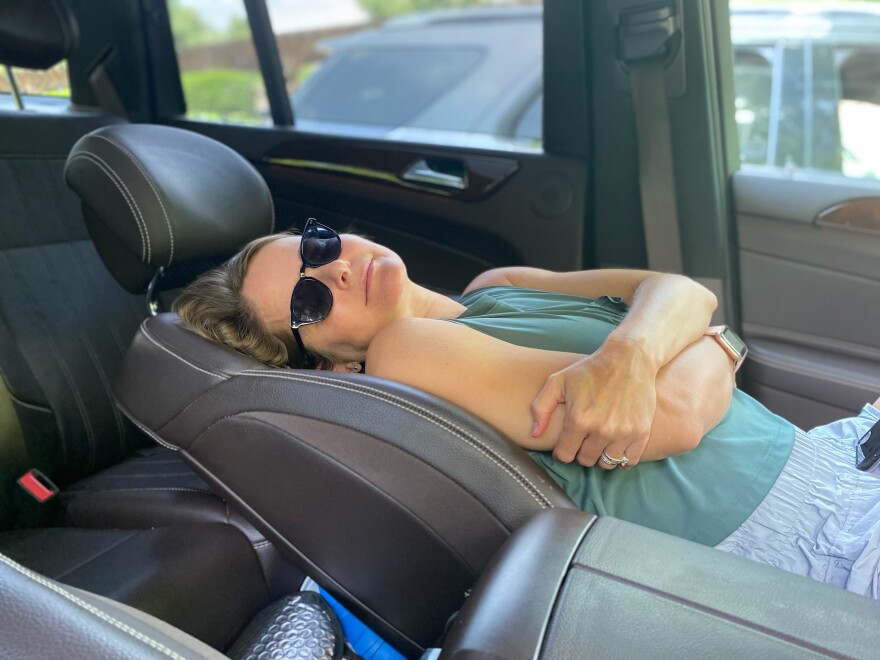Long-COVID patients are offering up their blood and saliva to Yale researchers to help find a connection between their demographic patterns and changes to their bodies since contracting the virus. The Yale LISTEN study is looking for links between clinical data and demographic patterns in long-COVID patients, and it is recruiting participants.
“People who are experiencing certain things, do they have distinctive features in their blood which are highlighting different ways that the body’s activated and maybe causing mischief, that we can then target to help them feel better?” said Dr. Harlan Krumholz, principal investigator of LISTEN and professor at the Yale School of Medicine.
“What’s likely happening is that these people’s immune system, or their bodies are being stimulated by something which is leading to different responses in different people, which is causing long-term consequences for them,” Krumholz said.
Researchers will look for clinical, demographic, social and environmental factors leading to targeted care. Krumholz said that while researchers know that long-COVID patients report a wide range of symptoms, they don’t have a very good understanding of people who are like one another, or those who different from one another. In other words, there are no patterns.
“I mean, we have this broad label long COVID. But what we really need to do is get more specific because within this label of long-COVID, there are many subpopulations,” Krumholz said. “People who are experiencing very similar types of symptoms that are distinct from other people who are experiencing those kinds of symptoms. And then what's really, I think, distinctive about what we're doing is the partnership between clinical researchers.”
Krumholz, a clinical researcher, is collaborating with the study’s other principal investigator, Dr. Akiko Iwasaki, a renowned immunologist at Yale.
"What we're trying to do on her side is to characterize the immune system response to whatever it is that really is affecting people,” Krumholz said. “What kind of subpopulations are there? Is it sort of a uniform response? Or is it that different groups of people are experiencing different things with regard to the substances in their blood? And also to look for whether or not there's any evidence of viral persistence as the virus is hanging around and maybe causing trouble.”
Krumholz’s group works on deep, detailed analysis of participating patients to try to elicit exactly what they are experiencing, their triggers and the level of their intensity.
“And if both of us work to try to characterize the subpopulations and these different groups, and then correlate that so ... we can then target to help them feel better,” Krumholz said. “I think the path here is not going to be one size fits all, but to really understand these subpopulations.”
Living with long COVID
Pam Bishop, a participant in the LISTEN study, spends most of her time lying in her car once she drives her kids to their sports games. Feeling exhausted is a constant for this long-COVID mom, who caught the virus in 2020. In January, Bishop resigned from her job as professor at the University of Tennessee as a result of her symptoms.
“They’re going to be listening to, of course, all that we have to say about our experiences with long COVID,” Bishop said. “But then, also getting our feedback about the study and what we think needs to be examined more closely and even giving us an opportunity to interpret the data.”
The study is only recruiting participants who register via Krumholz’s company Kindred Hugo Health. Kindred is a community platform where participants own and manage their health data and join research studies.
Register for the study
Visit Yale LISTEN study to register via Kindred Hugo Health.





